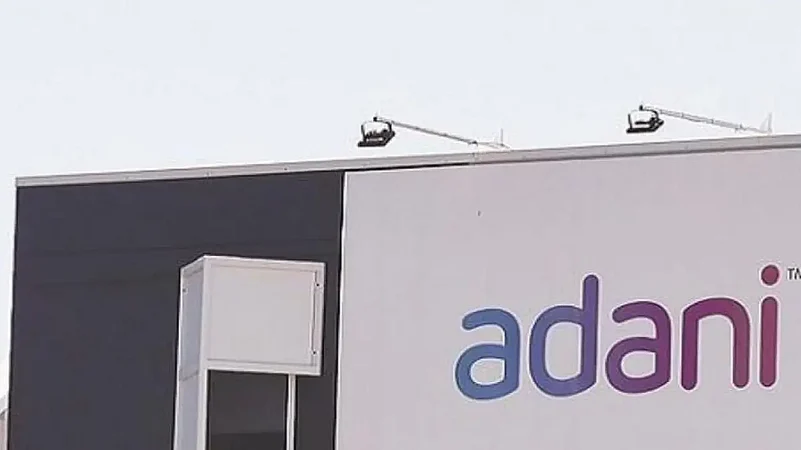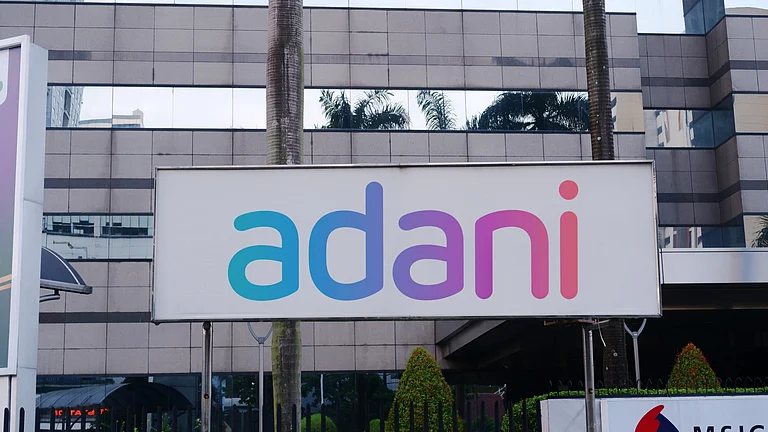The Adani Group on Friday completed the acquisition of Ambuja Cements and ACC to become the country's second-largest cement player after Aditya Birla Group-backed Ultratech Cement.
The acquisition was finalised after Adani Group, through its special purpose vehicle, Endeavour Trade and Investment Ltd, completed the transaction with Swiss firm Holcim and an open offer, said a statement. "The transaction involved the acquisition of Holcim's stake in Ambuja and ACC along with an open offer in both entities as per SEBI Regulations," it said.
The value of the Holcim stake and open offer consideration for Ambuja Cements and ACC is $6.50 billion, which makes this the largest ever acquisition by Adani Group. It is also India's largest ever merger and acquisition transaction in the infrastructure and materials space, it added.
Post the transaction, Adani will hold a 63.15 per cent stake in Ambuja Cements and 56.69 per cent in ACC (of which Ambuja Cements holds 50.05 per cent).
Adani's acquisition of ACC and Ambuja Cements triggered a meteoric rise in their respective share prices. Ambuja Cements share prices surged a whopping 63 per cent, while that of ACC climbed 30 per cent since Adani Group announced that it would acquire both companies in May.
Will Investors Make Money Post-Acquisition?
However, this euphoria might not be long-lived. Analysts say that it will be challenging for investors to make money in Ambuja Cements after the sharp surge as the valuations have become expensive.
"At this price, it is very difficult to make money in Ambuja Cements as valuation wise the stock is expensive compared to UltraTech Cement, the biggest cement maker. But given how most of the Adani Group shares have moved, it is difficult to say how much more money can be made as some people on the street say that it is the cheapest Adani Group stock. However, current valuations are difficult to justify," says Vishal Periwal, head of institutional research at IDBI Capital.
Retail investors will find it tougher to make money on the counter, reiterates Rahul Shah, co-head of research at Equitymaster.
"A simple back-of-the-envelope calculation will tell you that it will be tough for retail investors to make money over the next two to three in Ambuja Cements. Historically, investors have been willing to pay a premium of three times for every rupee of the book value of the company. That premium has now gone up to a huge five times. This means that any upside from the Adani acquisition and the subsequent capacity expansion seems to have been already priced into the current stock price," says Shah.
He adds that making good money from the current level looks difficult from a medium-term point of view unless the stock trades at an even greater premium or any unanticipated value unlocking.
The Fiscal Juggling Act
Meanwhile, both companies will have to undertake fundraising of Rs 20,000 crore to achieve an augmented capacity of 70,000 million tonnes per annum by 2026 without leveraging their balance sheet, brokerage firm Motilal Oswal notes.
ACC and Ambuja Cements are both net cash positive with a cumulative cash balance of Rs 8,400 crore (as of the end of June 2022). Fundraising of Rs 20,000 crore can help the group increase its cement capacities by 70 million tonnes per annum (MTPA) by the calendar year 2026 without leveraging its balance sheet, Motilal Oswal said.
The promoters' commitment to growing the cement business has strengthened after the announcement of fund infusion in this business. We have assumed a capacity of 88 MTPA and 50 MTPA for Ambuja Cements and ACC, respectively by 2026. The group has environmental clearance for over 25 MTPA clinker capacities, and the fundraising will help it pursue inorganic growth opportunities.
The brokerage has a neutral view on the stock and, after assuming cost benefit per tonne of Rs 200 and Rs 300 per tonne for ACC and Ambuja Cement, respectively and has increased the target price to Rs 3,185 per share for ACC and Rs 680 per share for Ambuja Cements.
Meanwhile, Ambuja Cements and ACC are also witnessing a decline in deliverable volumes. The average deliverable volume for Ambuja Cements was 45 per cent of total trading volume in June, which rose to 52.72 per cent in July, and 46 per cent in August. It fell sharply to 25 per cent in September, data from Ace Equity showed.
A decline in deliverable volume indicates that there is more intraday trading activity happening in the stock compared with investment buying, analysts added.
For ACC, the average deliverable volume fell to 26 per cent in September compared with 39 per cent in July and August.































